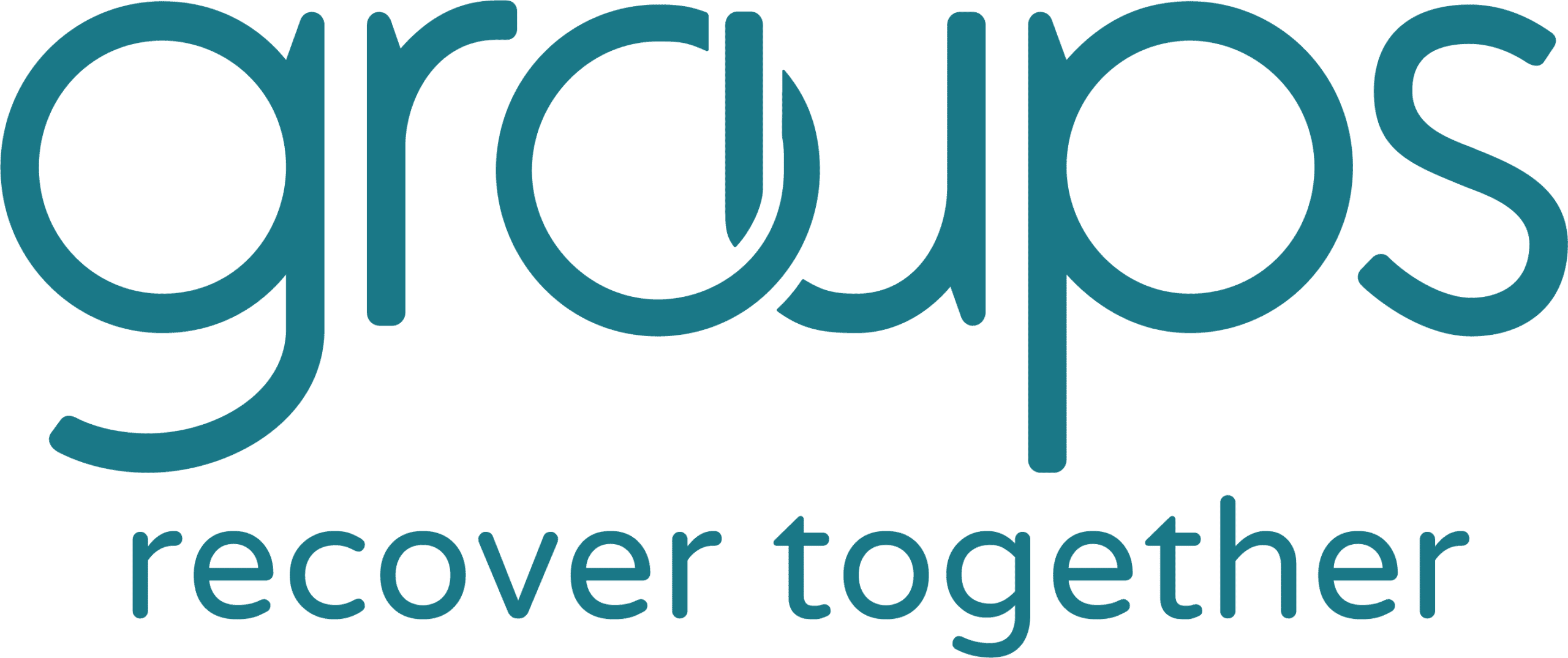Starting your recovery from opioid use disorder (OUD) can be a big step. Whether you’re just entering recovery in the new year or want to continue working toward your recovery goals, healthy habits like attending group support meetings and engaging with free online resources can offer major benefits. It can also help to form new habits outside of the context of direct treatment. Even simple changes like getting more consistent with your morning hygiene routine might make a big difference. Being intentional with your habits can lead to a more successful and healthy new year.
5 helpful new habits for staying in recovery in the new year
- Set SMART goals — Research shows that goal monitoring increases the chances that people achieve the goals that they set. While goal monitoring is important, so is setting the right goals. If your goals are too big or broad, you may feel discouraged before you even start. To set realistic goals, you can follow the SMART model. SMART stands for specific, measurable, achievable, relevant, and time-bound. Making sure each goal is measurable can be an important first step toward long-term success. For example, you might start with a goal of staying in recovery for a week. While this isn’t as big as staying in recovery forever, for example, it’s a clearly defined goal. Achievability is important as well. Instead of focusing on big goals, try to come up with smaller, more achievable goals. You can break down your biggest goals into several smaller relevant and time-bound milestones such as daily, weekly, and monthly goals. As you stay in recovery, reaching each milestone along the way can boost your confidence and motivation to continue. Some good SMART goals might include sticking to a weekly budget, starting a new job within the next three months, or finding a reliable mode of transportation. When you’re ready to set SMART goals of your own, online goal guides can be a valuable resource.
- Make a routine — When you have a regular routine, you may have less unstructured free time. This can help reduce cravings and thoughts about using again. Limiting your unstructured time doesn’t mean you can’t have time to yourself, though. Incorporating self-care into your routine can be vital. Research shows that self-care can play an essential role in maintaining your mental health and supporting your recovery. Self-care comes in many forms. When you’re looking to incorporate self-care into your routine, come up with activities that are enjoyable and improve your well-being. A morning stretching routine is one example of a great self-care habit. Stretching can help you release tension and increase blood flow at the start of the day. With a predictable routine that emphasizes self-care, you can keep your mind focused on recovery.
- Build coping skills — Coping skills are skills that help you manage tough situations. Getting in the habit of practicing coping skills can be a great way to start strong in the new year. Coping skills may help you manage cravings and stay in recovery. You can practice a wide range of different coping skills for different situations. If you’re looking for a way to process your thoughts and feelings, journaling can be a great coping mechanism. Emmanuel Reis, a Farmington, Maine, Office Manager at Groups, says, “When in doubt, journal it out.” Peer support can also be essential to healthy coping. When talking to other people in peer support groups, you can brainstorm healthy coping strategies. Emmanuel explains that “if you can connect and create your own recovery circle, it will change the game!” If you want to cope more effectively with stress, you may benefit from relaxation-oriented coping strategies. These can include listening to calming music and practicing deep breathing exercises. By forming habits with your coping skills, you can improve your ability to cope with any stressful or triggering events you may experience.
- Stay busy — Idle time can sometimes lead to negative thoughts. It can also lead to more intense cravings. When you’re in recovery, staying busy can be a great way to stay on track. Try staying busy with activities you enjoy and find fulfilling. You could also pick up a new hobby that you’re interested in. Creative hobbies like painting and gardening can be especially helpful when you’re in recovery. If you’re looking for activities that bring a sense of purpose and connection, volunteering might be a good option. Volunteering for a cause you’re passionate about can help you connect with other like-minded people and foster a sense of belonging.
- Seek support — Maintaining recovery alone can be challenging. Going into the new year, it may help to make a habit of seeking support when you need it. Seeking support might mean reaching out to a trusted friend or a treatment provider. Staying connected with your support system can help you feel connected and encouraged on your recovery journey.
Groups can help you build healthy habits and meet your recovery goals in the new year
At Groups, we’re committed to helping each member achieve their goals. We can work with you to build healthy, sustainable habits that support your recovery.
Whether you’re an existing member or someone seeking recovery support, you can always give us a call. If Groups doesn’t offer treatment in your state, you can locate other treatment options here.




